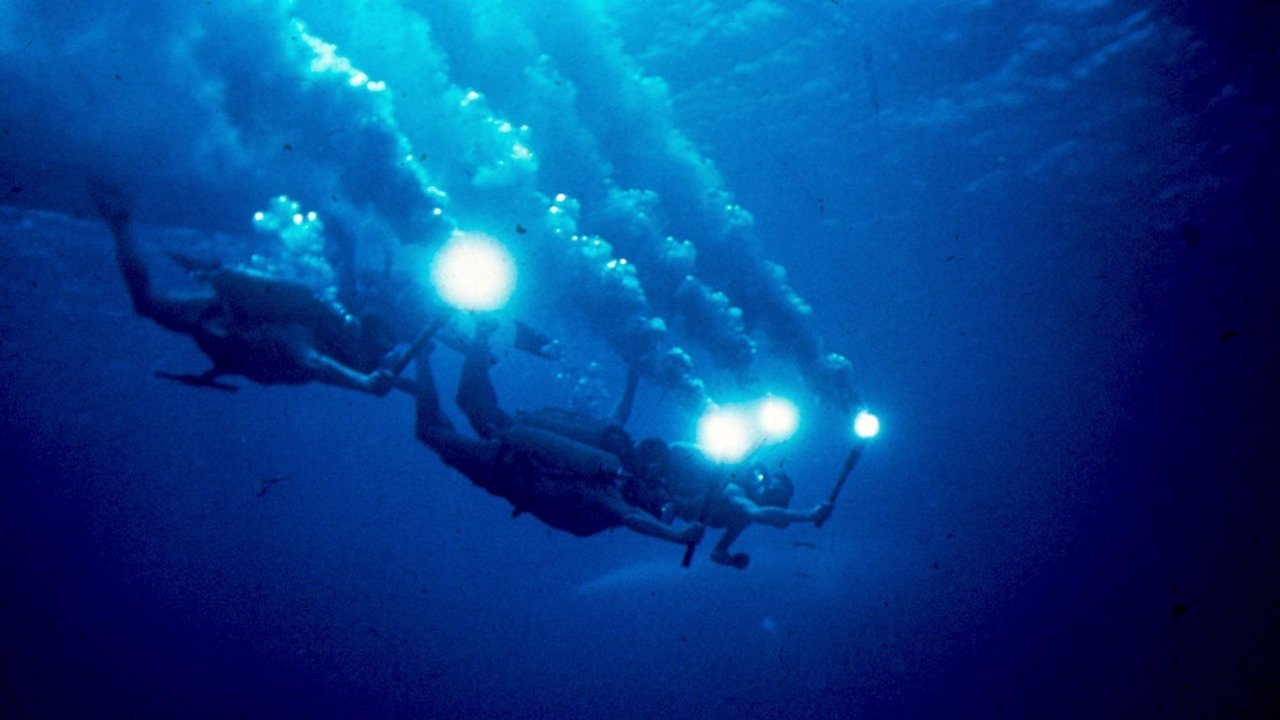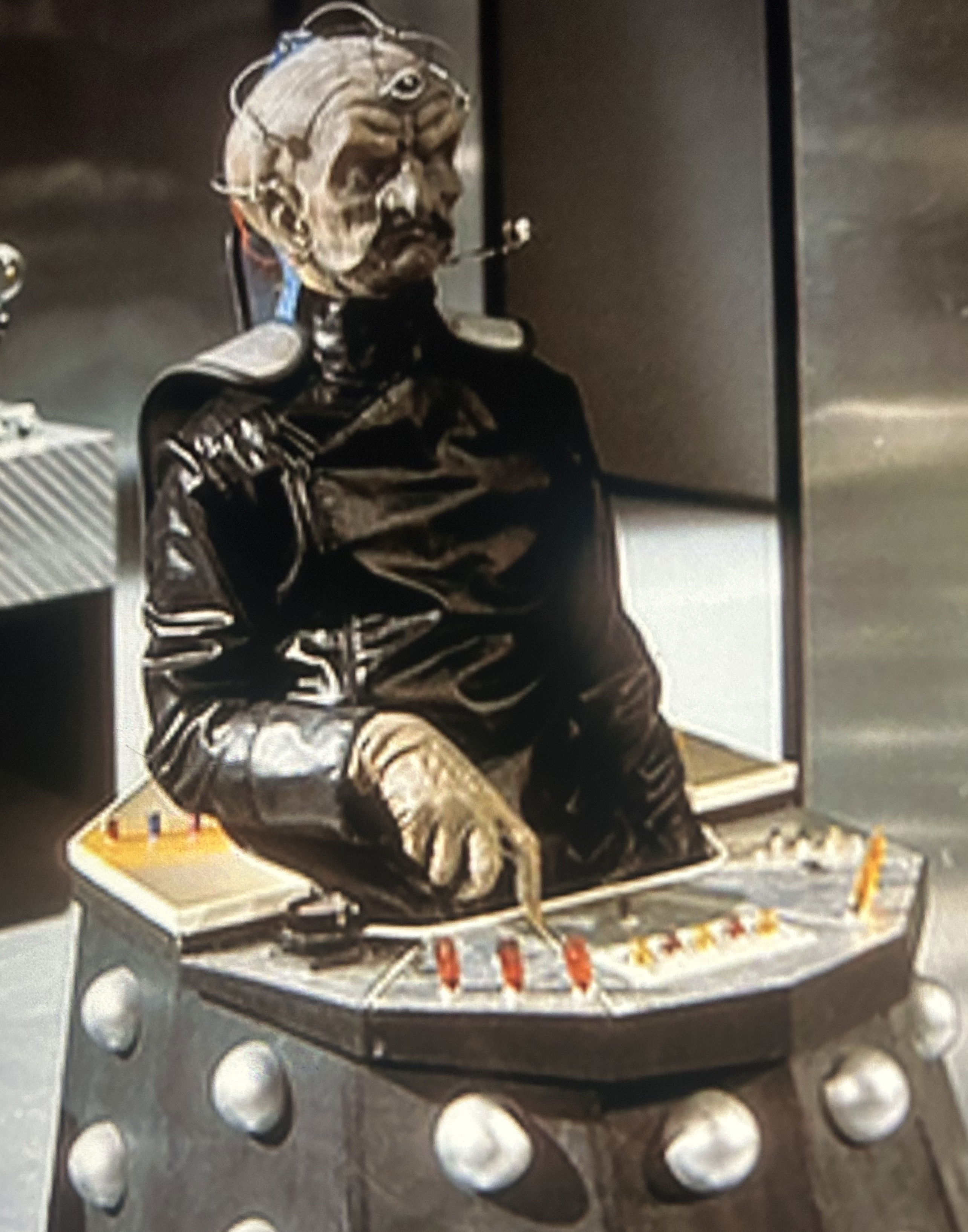
1956
The Silent World
Documentary, Adventure
7.0
User Score
46 Votes
Status
Released
Language
fr
Budget
$0
Production
Titanus, FSJYC Production, Requins Associés, Société Filmad
Overview
Join renowned explorer Jacques-Yves Cousteau as he investigates aquatic habitats worldwide, showcasing whales, sharks, and diverse marine life. The film highlights the brutal realities of nature while capturing the wonder of underwater exploration, as the team ventures into previously unseen ocean depths.
Review

Geronimo1967
7.0
As he travels aboard his floating laboratory "Calypso", we follow the exploration of renowned marine adventurer Jacques Cousteau as he and his crew travel the world exploring the depths of the sea. He takes his kit to the deepest part of the water where neither man nor camera have ever been before, nowhere near the bottom but still as black as pitch and only slightly illuminated by their bright lamps. The photography would have offered many their first glimpse of whales, porpoises, giant turtles, sharks - and many in a natural environment that isn't always so easy to watch. Neither, it has to be said, are some of his methods. "In the name of science" would have been a defence for dynamiting fish so they can count the species, or leaving many on the beach to suffocate to death before they are photographed or dissected for the specimen jar. Whilst there can be no doubting this team had a respect and admiration for the natural world, they still had that superiority complex of mankind towards it and at times I simply didn't like the man nor his approach. That said, it was made at a time when the quest for knowledge was more along the lines of the end justifying the means and doubtless some of his astonishing discoveries will have informed a more enlightened touch to investigation in later years. Cousteau was a ground-breaker, no doubt, and his adaptation of technology to take us deeper and deeper in safer ways delivers us an fascinating look at what has long existed without the intervention of man. By no means how Sir David Attenborough would make it now, but of it's time it is an interesting and cleverly photographed look into the unknown.
Read More 



